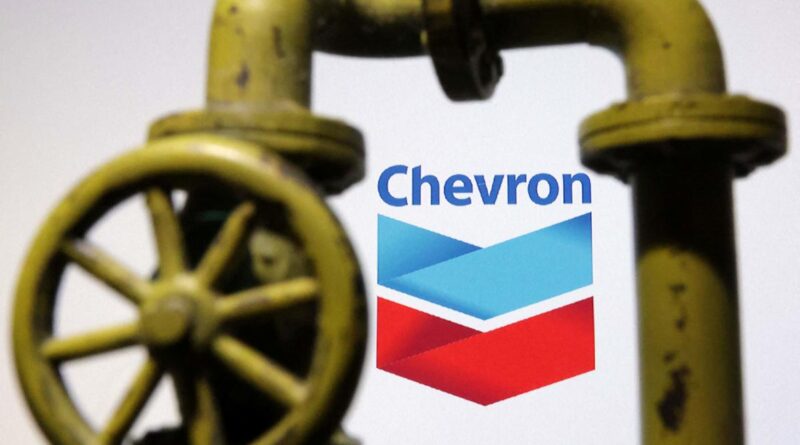Chevron: What Venezuelan oil would mean for US energy strategy
00:00 Speaker A
US reportedly making a shift from its strategy on Venezuela’s oil sector, starting with Chevron, and Yahoo finances and NES Frey joins us now with details.
00:15 Ines
Yeah, Josh. And this is quite a reversal from what the Trump administration had as a strategy back in May, when it revoked the right for Chevron to pump oil in Venezuela. It is now reversing that. And now, now Chevron will be able to pump oil in Venezuela. Analysts are saying that this is a positive for the company. This is a positive catalyst, even though the stock hasn’t reacted much today. Year to date, the stock is up about 7%. But what analysts saying that this creates additional cash flow for the company? Chevron had been pumping about 200, more than 200,000 barrels per day out of Venezuela before that initial permit was revoked back in May. And this, of course, also comes on the heels of that arbitration ruling last week, last Friday, I believe, that lets Chevron gives Chevron the stake, the Guyana stake from the Hess acquisition. So, overall, a positive couple of weeks for Chevron. But this announcement from the Trump administration is really kind of highlighting the delicate balance that the Trump administration is, is doing with these sanctioned countries like Venezuela, and the need to keep energy prices low because this reversal comes on the heels of a deal between Caracas and Washington. Some Americans that have been detained in Venezuela, they will be brought back to the US. And Venezuela has agreed to that. And then also some Venezuelans, more than 200 Venezuelans in El Salvador, will be taken back to Venezuela. So, again, this kind of balancing act between keeping energy prices low, but also putting pressure on sanctioned countries like Venezuela, a similar situation with a country like Iran. And also with Trump wanting the war to end in Ukraine, and the type of pressure that is put on Russia as well.
04:16 Speaker A
Bigger picture, Ines, looking at oil prices, are we still looking for lower prices by the end of the year, Ines?
04:28 Ines
Look, we are looking at lower prices by the end of the year. I’m going to just pull up the chart just to show you where we’re at right now. Part of the what analysts are talking about is some volatility that we could be seeing going into September. This is because those OPEC Plus increases that OPEC has announced, those will be absorbed in the market by then. The Trump, Trump’s 50-day ultimatum for Russia to end the war with Ukraine, that expires at the beginning of September. And then you also have EU price caps on Russian oil that is set to go into effect at the beginning of September as well. So you may see some volatility in September. But the thesis overall hasn’t really change, as with respect to supply in the market, that you will be seeing an increase of supply in the market. Of course, part of this has to do with those OPEC Plus barrels that are coming into the market.
06:01 Speaker A
All right. Thank you, Ines. Appreciate it.
